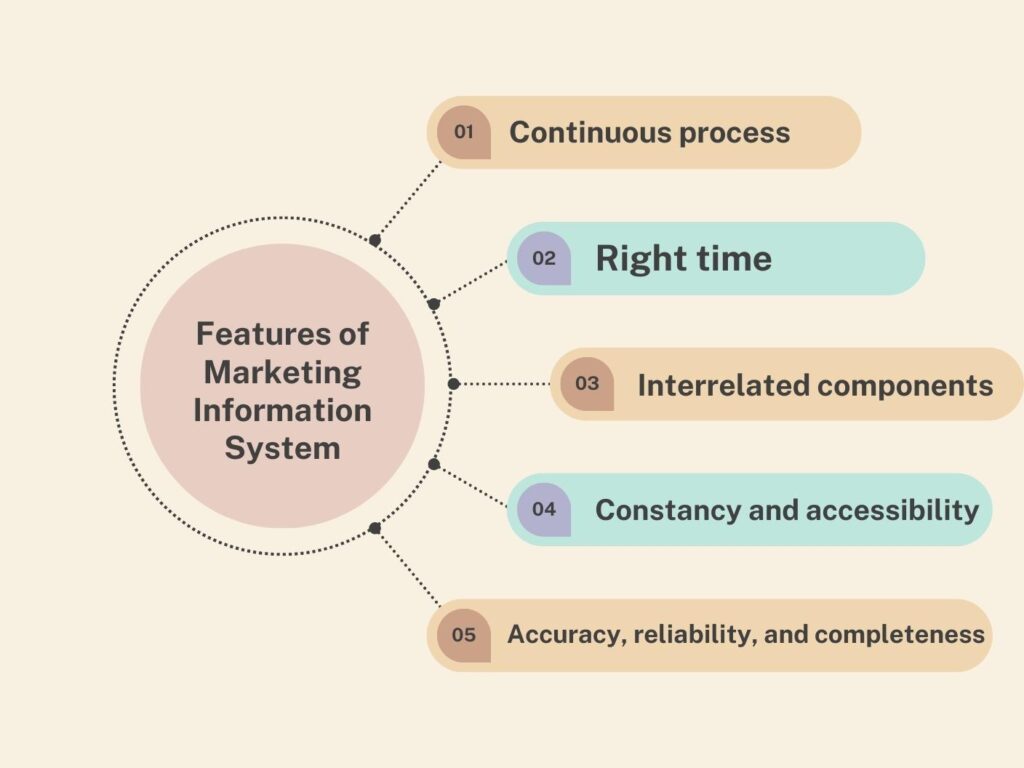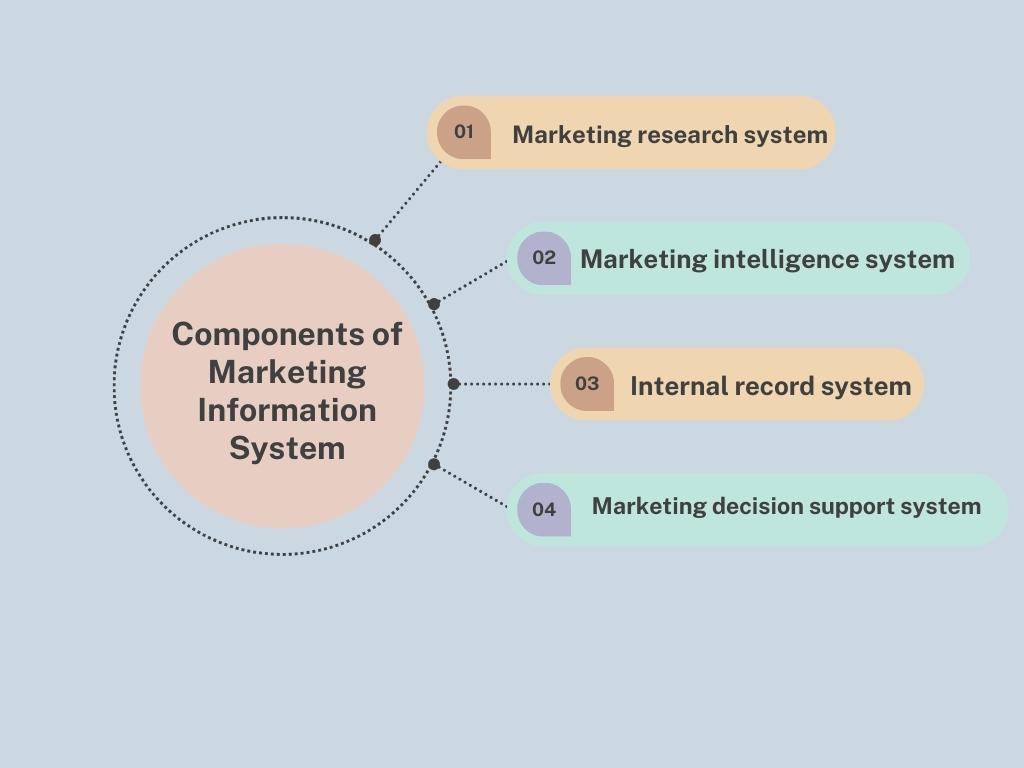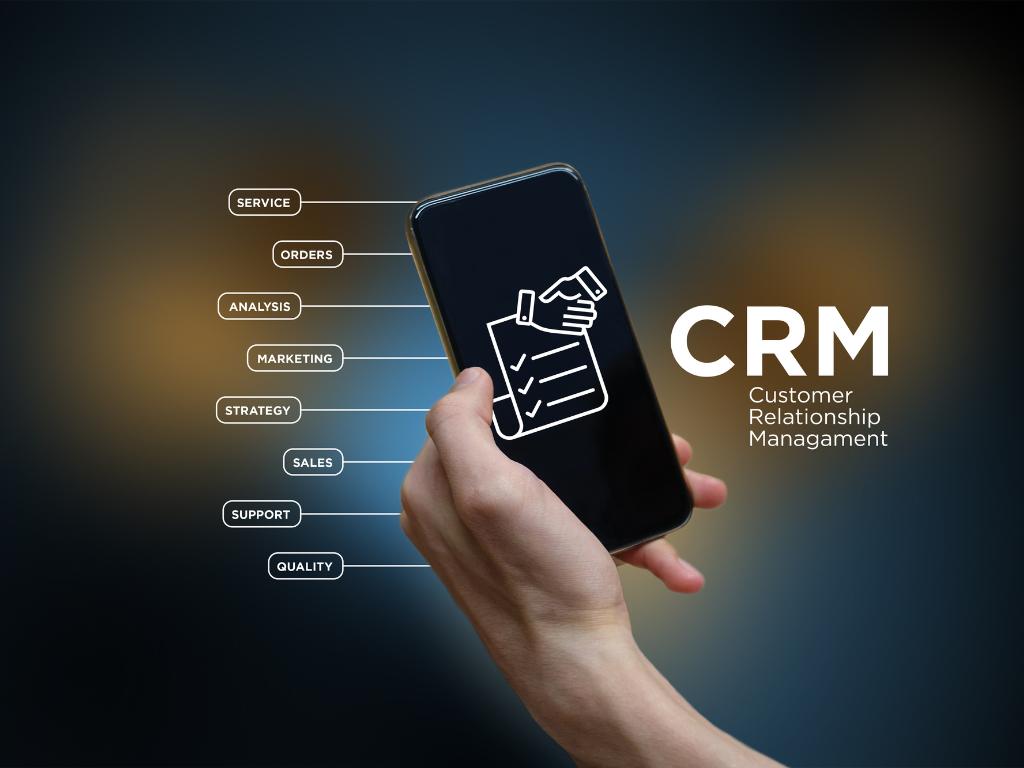Last updated on June 22nd, 2024 at 04:17 pm
Imagine that: You are in a dark cave with no map, no flashlight, and only the faint echoes of your footsteps to guide you. That’s the condition that running a business without a marketing information system (MKIS) feels like.
Table of Contents
Businesses are surrounded by market trends, valuable customer insights, and competitor data but without the right system and tools to access and analyze them, businesses are stumbling around in the dark cave, hoping to come out.
In marketing, there is a powerful torchlight that helps you illuminate your path.
The marketing information system (MKIS) is exactly that torch. The marketing information system is a framework that collects, analyzes, and distributes critical marketing information giving businesses a clear vision and helping to make informed decisions and unlock the hidden treasures of their target market.
In this comprehensive guide, we will discuss the meaning of a marketing information system, with its features, components, benefits, and many more to transform your marketing efforts towards success.
By the end of this guide, You will be a master of the marketing information system (MKIS), ready to shine a light on your marketing strategy and unlock the full potential of your business.
Let’s begin!
What is a marketing Information system (MKIS)?
A marketing information system (MKIS) is the mechanism that provides all the necessary data and information to the decision-makers on all marketing-related issues. It gives the regular flow of information about the product or services, price, advertisement, competition, sale, and so on.
In simple terms, a Marketing information system is an ongoing organizational process that includes activities such as gathering, analyzing, and distributing crucial marketing data.
MKIS refers to the systematic collection, analysis, interpretation, storage, and dissemination of market information from both internal and external sources to marketers on a regular and continuous basis.
In marketing, MKIS is also called life-blood. A marketing information system(MKIS) is a powerful and important tool to scan and monitor external environmental components.
The Marketing information system collects important information from different sources, analyzes them, and distributes it to the decision-maker.
The Marketing information system is very important for business. It is essential to find out the changing needs and wants of customers. In the same way, information is also necessary to know competitors’ strong and weak aspects and make the distribution channel effective.
In fact, a manager’s decision is made only with the help of information.
So, marketing information is very important for business organizations to make rational and effective decisions. It plays a very important role in market expansion, effective marketing plans, environmental scanning and monitoring, and so on.
Features of Marketing Information System

The major features of a Marketing information system (MKIS) are as follows:
1. Continuous process
The main function of a marketing information system (MKIS) is to collect necessary information, analyze, review, and evaluate it for making effective decisions and controlling. These functions go on regularly.
So, MKIS is a continuous process.
2. Right time
The marketing information system provides valuable and accurate information in the proper time for making quick and rational decisions. Similarly, decisions should be rational and quick.
If decisions are not made quickly, they lose their meaning.
3. Interrelated components
Marketing intelligence, marketing research internal records, and information analysis are the components of a marketing information system. These components have an important role in making information complete, reliable, and updated.
In this way, MKIS has interrelated components.
4. Constancy and accessibility
The basis of information provided by marketing information systems is the same. so, information is constant and uniform. Similarly, information can be easily obtained.
In the same way, due to the development of information technology, consistency and uniformity in the flow of information have become possible and easily accessible.
5. Accuracy, reliability and completeness
In the same way, the marketing information system provides accurate, reliable, and complete information for making effective decisions. Such types of information and data become compulsory in a competitive marketplace.
Components of Marketing Information System

The major important components of the marketing information system are marketing research, marketing intelligence, internal records, and information analysis.
1. Marketing research system
The marketing research system is an important component of the marketing information system (MKIS). Ordinary research is done to solve special market-related problems.
the major sectors of marketing research are product, price, place, promotion, sales, consumer, and competition research. It is necessary to study these sectors deeply and carefully analyze them using different research methods and tools.
In the same way, the main purpose of marketing research is to provide reliable and sufficient information needed for making marketing-related decisions.
In this process, the first problem is defined and the research objectives should be prepared. Then research plan be developed, necessary information be collected and analyzed and a conclusion be drawn.
2. Marketing intelligence system
The marketing intelligence system is the mechanism for collecting information related to the marketing environment each day. It helps to inform about the daily changes in the marketing environment.
This helps businesses identify their weak and strong aspects, utilize opportunities, and improve weaknesses. In the same way, it also helps to identify the weak and strong aspects of competitors.
This system helps businesses to make necessary plans and strategies to achieve success in the competitive market. Similarly, There are two sources of marketing intelligence there are formal sources and informal sources.
Salesmen, intermediaries, specialists, private agencies, marketing information centers, etc are formal sources. Magazines, newspapers, trade journals, employees, etc are informal sources.
3. Internal record system
The internal record system is another important component of the marketing information system (MKIS). In a business organization records are kept as a systematic arrangement of different activities.
Internal record is an easily available source of important information. The internal record helps to make many decisions for the organization.
In the same way, sales-related records, customer-related records, audit reports, annual reports, financial reports, and so on provide useful information.
4. Marketing decision support system (MDDS)
A marketing decision support system is also known as a decision support system. It is a coordinated collection of data, systems, tools, and techniques with supporting software and hardware.
It helps businesses to gather and interpret relevant information from businesses and environments and turns it into a basis for marketing action.
The marketing decision support system adds speed and flexibility to the marketing information system. In the same way, data banks, method banks, and model banks are the components of marketing decision support systems.
Importance of marketing Information system (MKIS)
There are many important marketing information systems (MKIS). Some of the major importance of marketing information systems are as follows:
1. Expansion of market

Marketing information system (MKIS) plays an important role in market expansion. It provides valuable and necessary information to promote the market from local to national to the global market.
Without marketing information systems expansion of the market is impossible. For example, to do business in the American or European markets, it is necessary to know the information about the needs, wants, priorities, and so on of the consumers of these countries.
In the same way, It is also necessary to get information about market trends, prices, quality, competition, etc in the market. Such kind of information is possible only through the marketing information system.
2. Marketing plan

Similarly, business success depends upon effective plans in the competitive market. Sufficient and reliable information such as customers’ needs, wants, market trends, competitors, buying behavior, etc plays a very important role in making effective plans.
So, a marketing information system helps a lot in making marketing plans by providing information about various things.
3. Environmental monitoring and scanning

In the same way, the Marketing information system (MKIS) plays a very important role in environmental monitoring and scanning. Businesses need to monitor economic, political, legal, social, competitive, technological, and other elements regularly.
So, environmental monitoring and scanning help to find the opportunities and threats. Businesses can utilize the opportunities and face the threats effectively with the help of a marketing information system.
4. Want creation and delivery

To achieve success in the competitive market, it is necessary to create the wants of the customers and deliver goods to satisfy their wants. For this marketing information systems play a very important role.
Marketing information system helps to analyze the customers’ wants and needs and helps to produce the product or services accordingly. So, MKIS plays a vital role in the want creation and delivery of goods.
5. Competitive advantage

Marketing information systems also play a vital role in gaining a competitive advantage. With the help of MKIS businesses can get many useful and valuable information about the strengths and weaknesses of their competitors.
Organizations can effectively utilize MKIS to gain a competitive advantage. By analyzing the data and different insights, businesses can respond quickly to market changes, and identify opportunities. This will help businesses to stay ahead of competitors.
Organizations that effectively utilize MKIS gain a competitive advantage. By leveraging data and insights, businesses can respond quickly to market changes, identify opportunities, and stay ahead of competitors.
6. Customer relationship management

In the same way, the Marketing information system plays a very important role in customer relationship management. It helps organizations to manage and analyze customer interactions.
With the help of MKIS businesses can improve customer satisfaction, retention, and the ability to tailor products and services according to the needs and wants of the customers.
So, a better understanding of your customer base helps to personalize your approach and build stronger relationships.
7. Data management

The main problem of any organization is data management. For this MKIS plays an important in managing the data. It helps to manage the vast amounts of data generated by various organizational processes.
The data can be customer data, sales data, financial records, inventory information, and so on. MKIS ensures that data is reliable, accurate, up-to-date, and easily accessible when needed.
8. Decision support

One of the important parts of marketing information systems is to provide decision support to management. Similarly, valuable and data-driven insights lead to better marketing strategies and campaigns.
By analyzing the data and insights, MKIS can assist managers in marketing-informed decisions. So, By utilizing the marketing management system organizations can make effective decisions for making marketing plans and strategies.
Real-world examples of how companies have successfully used MKIS to achieve their marketing goals
Let’s see the real-world examples of how companies have successfully used marketing information systems (MKIS) to achieve their marketing goals.
Spotify:
Spotify a music streaming platform uses listener data analysis and gives personalized recommendations and playlists according to the interests of their users. this keeps users engaged and helps to boost customer retention. In this way, Spotify is positioned as a leading music streaming platform by using the data of its users.
Amazon:
Amazon is the biggest e-commerce company in the world. Their extensive customer data analysis allows them to predict what customers will buy before they even search for it. This helped to increase customer satisfaction and provided a competitive edge in the e-commerce market.
You may also like to ask:
A marketing information system (MIS) is a mechanism for gathering, managing, and analyzing information related to an organization’s marketing activities. It helps businesses make informed decisions by providing valuable, relevant, and timely data.
A marketing information system (MIS) is important for businesses because it helps in understanding market trends, and customer behavior, and provides a competitive advantage. In the same way, it also helps organizations to make data-driven decisions, enhancing their overall marketing plans and strategies.
An MIS is crucial for businesses as it aids in understanding market trends, consumer behavior, and competitive landscapes. It enables organizations to make data-driven decisions, enhancing their overall marketing strategies.
The Marketing information system handles various types of data such as market research, sales records, competitor information, customer feedback, etc. In the same way, it may also incorporate external data like industry reports and economic trends.
Organizations can get many benefits from implementing a marketing information system such as it helps in decision making, enhanced marketing strategies, better customer understanding, increased competitiveness, and overall efficiency in marketing operations.
Many challenges may arise while implementing a marketing information system such as issues related to data accuracy, integration of different data sources, security and privacy concerns, cost of implementation, etc.
Yes, a marketing information system is suitable for small businesses also. Small businesses can get a lot of benefits from a marketing information system. Businesses can understand their customers’ needs, stand out in a competitive market, and able to make better customer relationships.
Conclusion
The marketing information system (MKIS) is a regular process. It never ends. It is a mechanism that provides all the necessary information and data to the decision-maker on all marketing-related issues.
The marketing information system is essential to find out the changing needs and wants of customers. Similarly, information is also necessary to know competitors’ strong and weak aspects and make the distribution channel effective.
It is very important for marketing managers which helps a lot in making plans, programs, policies, strategies, etc. The marketing information system is very necessary for the business organization to expand its market, stand out in the competitive market, make better decisions, customer relationship management, data management and so on.
By utilizing the power of marketing information systems business organizations can achieve long-term success and growth.
Thanks for reading! If you have any questions or suggestions related to the marketing information system (MKIS) don’t forget to leave a comment below.






This website is an absolute gem! The content is incredibly well-researched, engaging, and valuable. I particularly enjoyed the [specific section] which provided unique insights I haven’t found elsewhere. Keep up the amazing work!